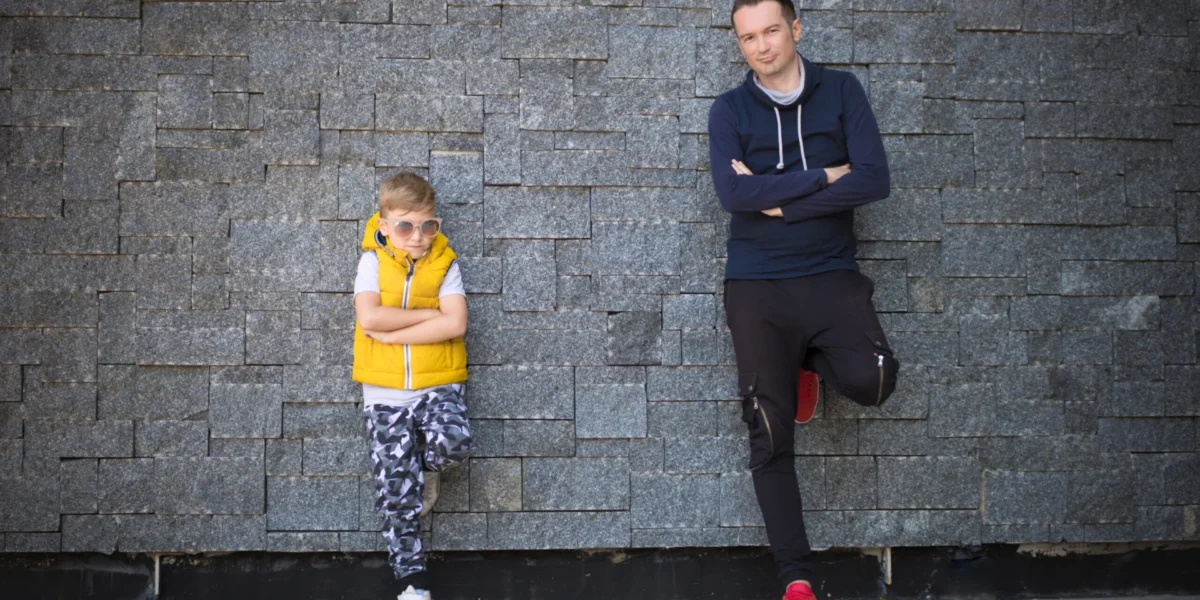A Smoke Alarm And A Life Lesson
During graduate school, my wife and I lived in a basement apartment with our young daughter, who was about 18 months old at the time. One hectic evening, we forgot about a meal in the oven, and the smoke alarm went off. To our surprise, we noticed our daughter waving a rag in the air, trying to make the alarm stop—exactly what she had seen us do before. We laughed at her futile effort, but it was a clear reminder: children are always watching, and they learn from our example. Whether we realize it or not, our actions shape how our children view and interact with the world.
They’re Always Watching—And Learning
A parent’s example is one of the greatest predictors of a child’s behavior and mindset well into adolescence. This idea has been expressed in many ways—including music. In Rodney Atkins’ country song “I’ve Been Watching You,” a young boy tells his dad he wants to be just like him—cowboy boots, camo pants, and all. Children naturally model the behaviors, beliefs, and attitudes of their caregivers. That’s why parenting carries such immense responsibility. In therapy, I’ve witnessed firsthand how generational influence affects clients—whether it’s inherited anger, emotional disconnection, or substance use. Many clients struggle with challenges they never chose, rooted in the patterns modeled by their parents.
Generational Influence Versus Accountability
It’s important to acknowledge that while generational patterns shape us, they do not define us. We cannot blame all of our unhealthy behaviors on our upbringing. We are responsible for our choices. That said, understanding that some behaviors are learned—and others can be unlearned—is empowering. Within transgenerational models of family therapy, tools like the genogram help therapists map out behavioral and relational patterns across generations. A genogram is like a family tree that highlights dynamics such as addiction, abuse, or emotional avoidance. Identifying these patterns helps clients make sense of their struggles—and choose a new path forward.
Transitional Characters: Breaking The Cycle
One of the most powerful concepts in family systems work is the idea of transitional characters. These are the people who consciously decide to break unhealthy generational cycles. They are the ones who seek help, set new standards, and chart a different course for themselves and future generations. Being a transitional character requires courage, effort, and intentionality—but their impact is profound. When future generations reflect on their family’s story, they will point to that individual as the one who changed everything.
You Have A Choice—And So Do Your Children
Each of us has the power to choose our path, no matter what patterns have come before us. And for those who are parents, your influence matters more than you may realize. The example you set today could become the model your child imitates tomorrow. Your effort to lead with love, resilience, and intention may ripple through generations in ways you’ll never fully see—but your children will.


